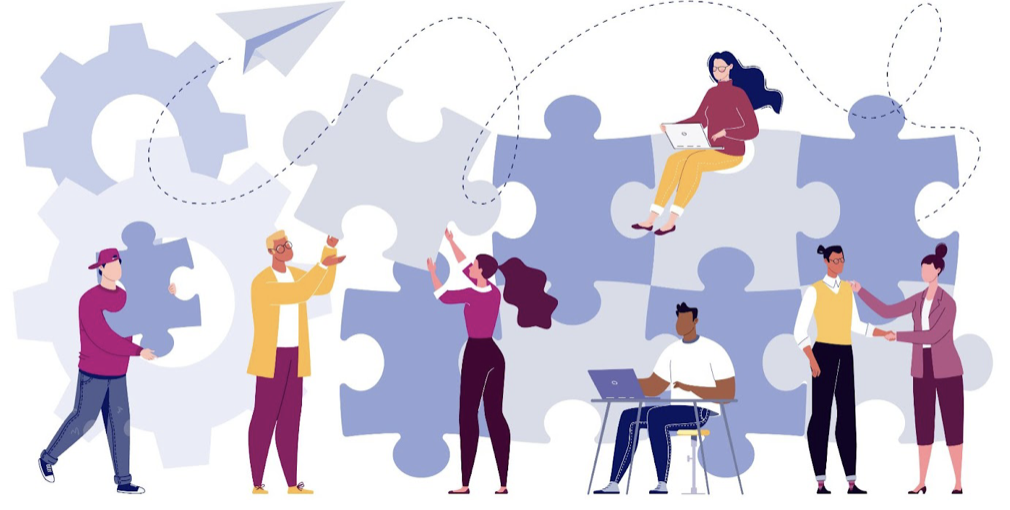
The Mentorship Movement
About This Series
Mentorship is the key to recovery - especially when it comes to the mental health amongst young people - and the social impact sector has a huge rule to play. How can we improve our culture of mentorship, and close the gap? This series, in partnership with MENTOR Canada, dives into how organizations can make mentorship programs accessible to young people from coast-to-coast-to-coast, what it will take for an equitable, diverse and just mentorship ecosystem, the power of mentoring and the implications on mental health - and more.
There’s a mentorship gap in Canada. Here’s how — and why — to close it.
Young people who are mentored are 53 percent more likely to report good mental health, and more than twice as likely to report a strong sense of belonging in their community. At a time when youths’ mental wellbeing and career prospects are limited by the pandemic, an equitable recovery requires a stronger culture of mentorship across the country.
Canadian youth are facing a mental health crisis post-pandemic — here’s what you can do right now
According to MENTOR Canada’s 2020 national research, youth who had a formal mentor were three times more likely to report good self-rated mental health. Meanwhile, the pandemic has meant a huge increase in demand for mental health services among young people.
Youth don’t know how to find services — especially mentorship — online. We have a solution.
Young people who are mentored are 53 percent more likely to report good mental health, and more than twice as likely to report a strong sense of belonging in their community. But a majority of young people surveyed by MENTOR Canada said they didn’t know how to find a mentor online.
